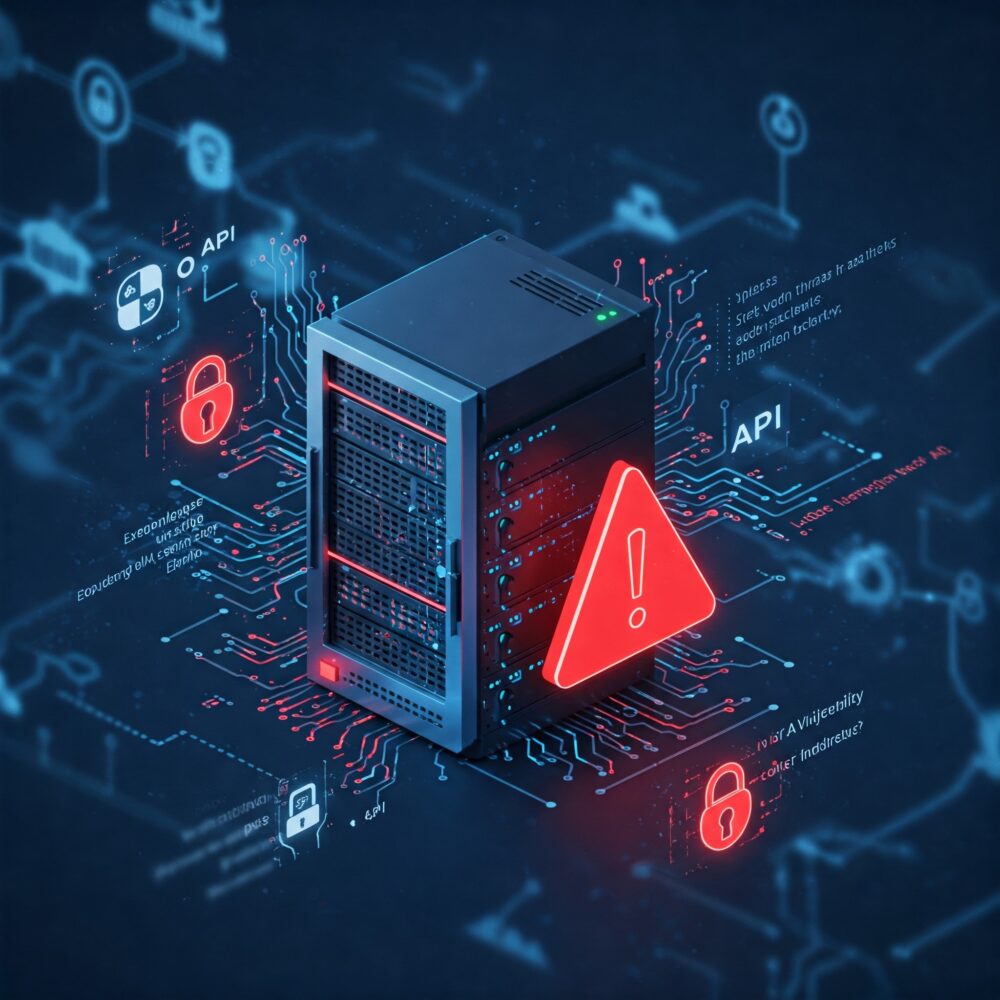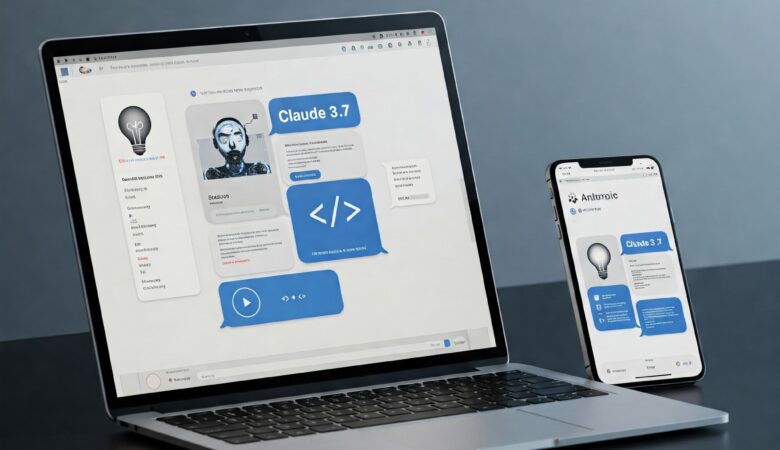Critical Langflow Vulnerability (CVE-2025-3248) Puts AI Workflows at Risk
A severe security flaw has been uncovered in Langflow, an open-source platform trusted by developers to design and deploy AI-driven workflows. Designated CVE-2025-3248, this vulnerability scores 9.8/10 on the CVSS severity scale and enables remote attackers to execute malicious code on unpatched servers. Here’s what organizations need to know to safeguard their systems.
Vulnerability Breakdown: How the Exploit Works
The flaw resides in Langflow’s api/v1/validate/code endpoint, which improperly processes user-submitted code. Key weaknesses include:
Unrestricted Code Execution: The endpoint uses Python’s
exec()function to dynamically execute code without sandboxing or input validation.Missing Authentication: Attackers can send malicious payloads without requiring valid credentials.
Network Exposure: Default configurations allow internet-accessible deployments, amplifying attack surfaces.
This combination lets attackers inject OS commands, deploy malware, or exfiltrate sensitive data like API keys and database credentials.
Impact on Organizations Using Langflow
Langflow’s popularity (60,000+ GitHub stars) makes this a high-stakes vulnerability for AI developers, startups, and enterprises. Exploitation could lead to:
Full Server Compromise: Attackers gain root access to host systems.
Data Theft: Steal proprietary AI models, user data, or cloud credentials.
Supply Chain Attacks: Compromised servers could distribute malware to downstream users.
Regulatory Penalties: Breaches may violate GDPR, HIPAA, or industry-specific compliance standards.
Active Exploitation in the Wild
Cybersecurity firms have observed attackers exploiting CVE-2025-3248 to:
Install crypto-mining software (e.g., XMRig) on vulnerable servers.
Deploy reverse shells for persistent backdoor access.
Harvest credentials from environment variables and configuration files.
Notably, compromised Langflow instances are being used as footholds for lateral movement into internal networks, posing systemic risks.
Mitigation Steps: How to Secure Your Deployment
1. Immediate Patching (Priority)
Upgrade to Langflow v1.3.0 or later, which adds authentication to the vulnerable endpoint.
Confirm updates using:
bashpip install --upgrade langflow
2. Network Hardening
Restrict Langflow server access to trusted IPs via firewalls.
Use VPNs or reverse proxies (e.g., NGINX with HTTP basic auth) for internet-facing instances.
3. Post-Compromise Actions
Rotate all API keys, database passwords, and cloud credentials.
Audit server logs for unusual
POSTrequests to/api/v1/validate/code.Scan for suspicious processes (e.g.,
cmd.exeorbashspawned by Langflow).
CISA Advisory: Federal Agencies Must Patch by May 26
The U.S. Cybersecurity and Infrastructure Security Agency (CISA) added CVE-2025-3248 to its Known Exploited Vulnerabilities Catalog on May 8, 2025. Federal entities must apply fixes by the deadline or discontinue Langflow use. Private organizations are urged to treat this as a critical priority.
Broader Lessons for AI Tool Security
This incident underscores systemic risks in AI development tools:
Avoid Unrestricted Code Execution: Use sandboxed environments like Docker containers for untrusted code.
Enforce Zero-Trust Principles: Require authentication for all API endpoints, even internal ones.
Monitor Open-Source Dependencies: Subscribe to CVEs for tools like Langflow via platforms like GitHub Security or Dependabot.
Final Recommendations
Organizations using Langflow should:
Patch systems immediately.
Assume compromise if servers were internet-exposed pre-patch.
Review AI workflow tools for similar code execution risks.
For tailored guidance on securing Langflow deployments or incident response support, consult a cybersecurity professional.
Last updated: May 8, 2025 | Threat level: Critical




